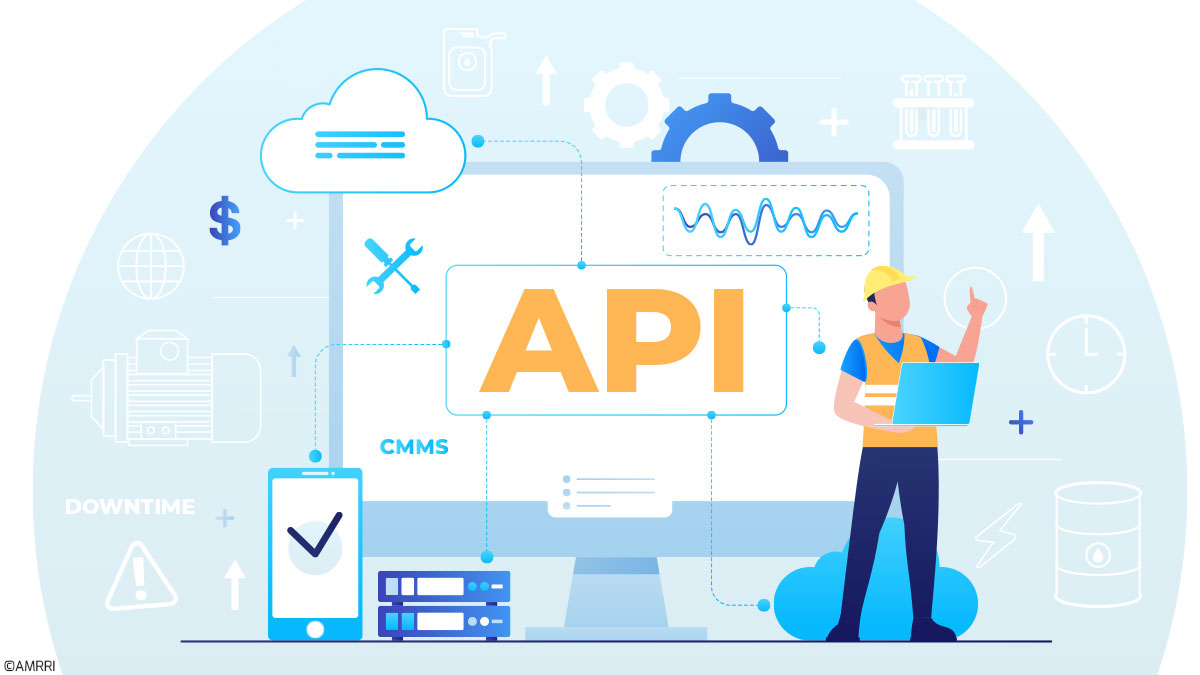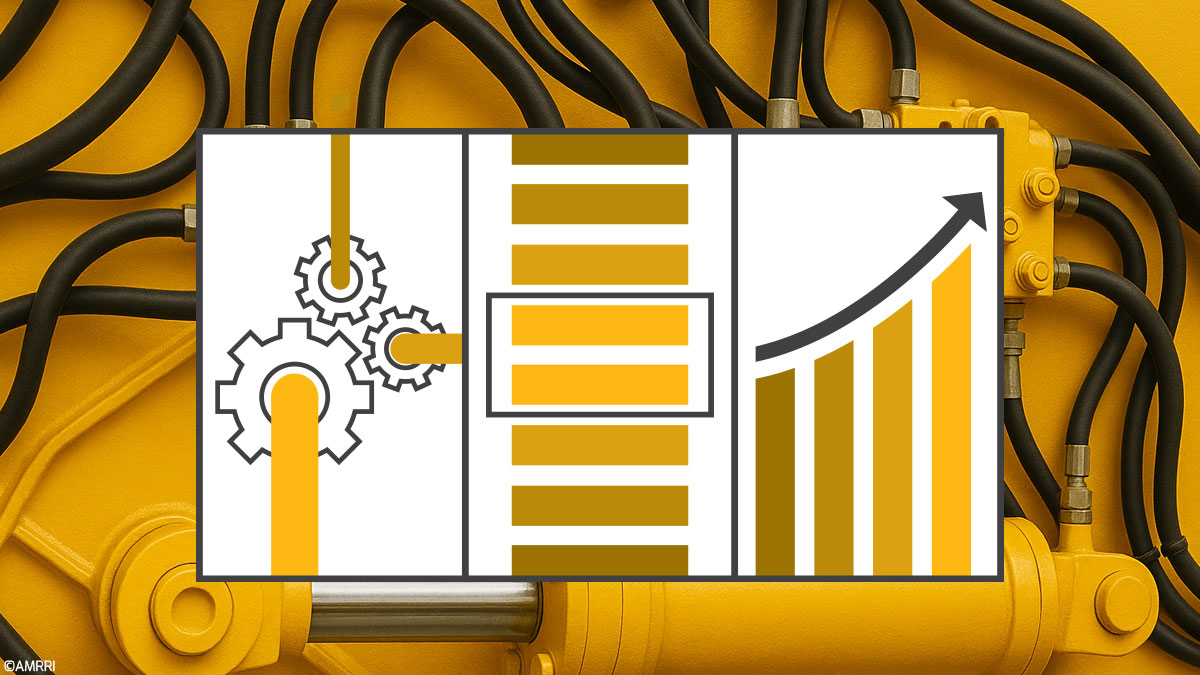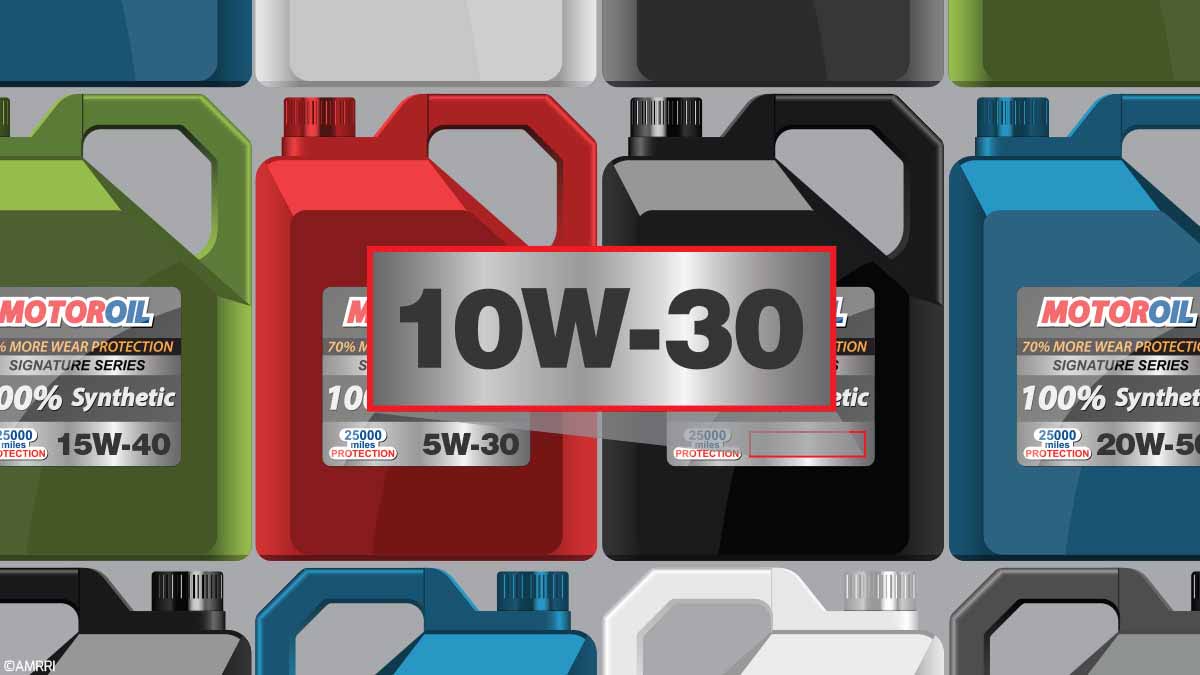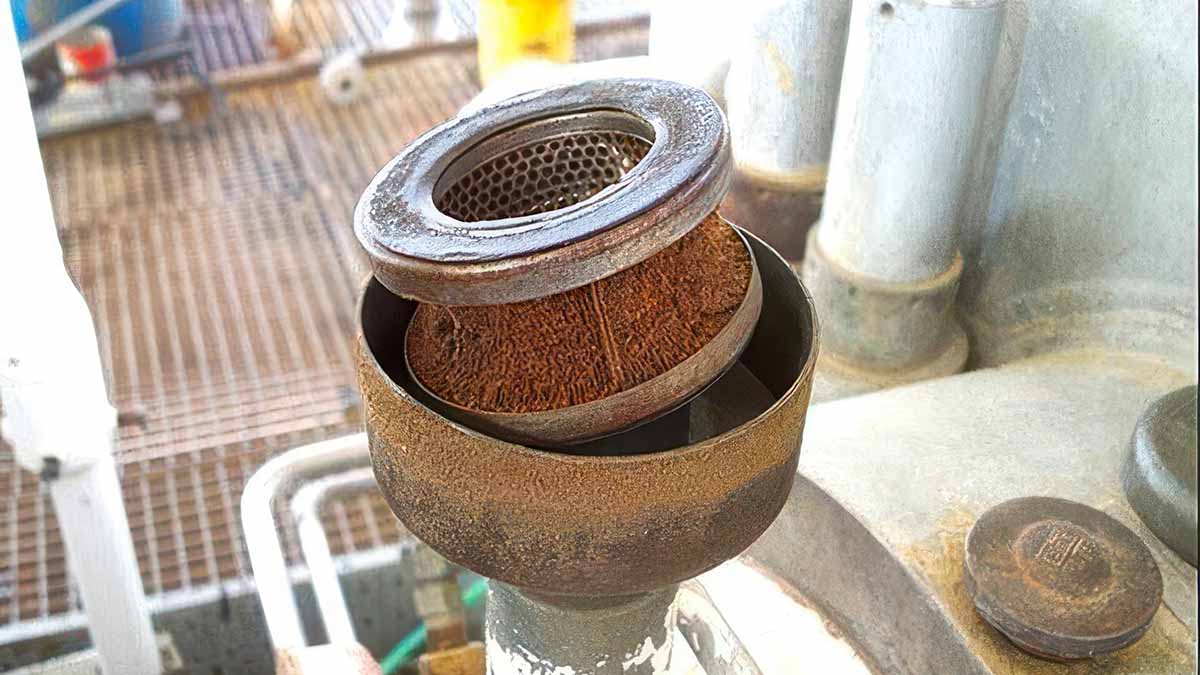Data, data, and more data. Our industry feeds on data to make decisions, and there’s an abundance of condition monitoring tools that allow us to use data to understand the health of operating equipment and detect potential risks of failures.
Utilizing core equipment monitoring data points like diagnostics, ultrasound, vibration analysis, thermography, fluid analysis, etc., allows us to manage our equipment maintenance, monitor conditions, reduce unexpected downtime and increase reliability.
With these condition monitoring tools available today, it can be overwhelming to interpret your data to make important, informed maintenance decisions.
Managing, interpreting, and reporting within these tools as separate entities creates silos, meaning dedicated time resources spent in each system (resulting in waste) and the inability to see maintenance as a whole. In doing so, we sometimes lose the ‘big picture’ and a thorough understanding of how these data sets complement each other.
Accurate Data-Based Decisions
How can you start filtering out the ‘noise’ and only focus on the data that matters for your maintenance decisions? It begins with streamlining data from condition monitoring sources into a single platform for complete visibility into asset health.
POLARIS Laboratories® has identified this opportunity and has designed a solution to connect fluid analysis data with maintenance management systems, Enterprise Resource Planning (ERP), Computerized Maintenance Management Systems (CMMS), reliability service providers, and OEMs.
A secure API (Application Programming Interface) allows fluid analysis data to pass from the data management system to the connected maintenance system in real time. This integration, we call DataConnect, creates visibility within a single platform – eliminating the silos of managing data within multiple systems.
In addition to seeing analysis results within your maintenance system, integration capabilities include functionality to submit sample information electronically, manage equipment and component information and view sample results within the maintenance system for complete fluid analysis integration.
The ability to receive instant high-severity alerts can trigger work orders based on the flagging severity and recommended actions within a fluid analysis sample report.
Future Possibilities with Integration
So, where is the future of maintenance integration going? Think about all of the possibilities.
Your fluid analysis results, combined with telematics fault codes, vibration analysis, and operator walk-around (inspection) reports, can give you a true understanding of the health of your equipment.
For example, if your engine oil analysis results indicate fuel dilution and your telematics fault codes indicate an issue with a fuel injector, these two combined data sources assist you in understanding what is happening and why (Cause and Effect).
This integration of data can significantly reduce troubleshooting and repair times. Another example is a gearbox with fluid analysis results showing wear – combining this data with abnormal vibration analysis results can validate a problem, remove concerns regarding ‘false positives’ in your data, and help pinpoint where the problem is and how urgently maintenance action is needed.
With the limited availability and capacity of internal IT resources, our team at POLARIS Laboratories® has built custom integrations with several industry CMMS, reliability providers, and OEM systems. API integrations have been built with more than 15 maintenance management providers, making connecting your maintenance for optimal reliability seamless.
As our industry moves from reactive to predictive maintenance, data integration is the first step in connecting maintenance to make informed decisions, monitor asset health, and increase equipment reliability.









